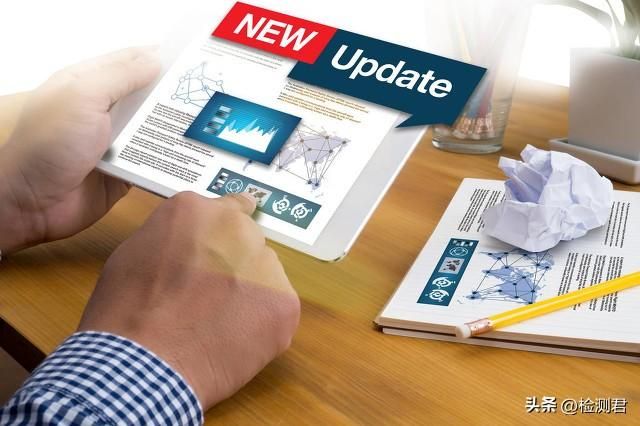#The new foreign trade regulations, which have been implemented since April, are as follows:
1.Canada imposed a withholding inspection on Flammulina velutipes from China and South Korea
2.Mexico enforces the new CFDI from April 1
3.The European Union has passed a new regulation that will ban the sale of non zero emission vehicles from 2035
4.South Korea issued inspection instructions for the import of cumin and dill from all countries
5.Algeria issued an administrative order on the import of second-hand cars
6.Peru has decided not to implement safeguard measures for imported clothing
7.Adjustment of Surcharge for Suez Canal Oil Tankers
1.Canada Holds Flammulina velutipes from China and South Korea. On March 2, the Canadian Food Inspection Agency (CFIA) issued new conditions for the license to import fresh Flammulina velutipes from South Korea and China. From March 15, 2023, fresh Flammulina velutipes shipped from South Korea and/or China to Canada must be detained and tested.
2.Mexico will enforce the new CFDI from April 1. According to the information on the official website of the Mexican tax authority SAT, by March 31, 2023, version 3.3 of the CFDI invoice will be discontinued, and from April 1, version 4.0 of the CFDI electronic invoice will be enforced. According to current invoicing policies, sellers can only issue compliant version 4.0 electronic invoices to sellers after registering their Mexican RFC tax number. If the seller does not register an RFC tax number, the Amazon platform will deduct 16% of value-added tax from each sales order at the seller’s Mexico station and 20% of the total turnover of the previous month at the beginning of the month as business income tax to be paid to the tax bureau.
3.New regulations adopted by the European Union: The sale of non zero emission vehicles will be banned from 2035. On March 28th local time, the European Commission passed a regulation setting stricter carbon dioxide emission standards for new vehicles and trucks. The new rules set the following goals: from 2030 to 2034, the carbon dioxide emissions of new vehicles will be reduced by 55%, and the carbon dioxide emissions of new trucks will be reduced by 50% compared to the level in 2021; Starting from 2035, carbon dioxide emissions from new vehicles and trucks will be reduced by 100%, which means zero emissions. The new rules will provide a driving force for the shift towards zero emission mobility in the automotive industry, while ensuring continued innovation in the industry.
4.On March 17th, the Ministry of Food and Drug (MFDS) of Korea issued inspection instructions for the import of cumin and dill from all countries.. The inspection items of cumin include propiconazole and Kresoxim methyl; The dill inspection item is Pendimethalin.
5.Algeria issues an administrative order on the import of second-hand cars. On February 20, Algerian Prime Minister Abdullahman signed Executive Order No. 23-74, which stipulates the customs and regulatory procedures for the import of second-hand cars. According to the administrative order, Afghan citizens can purchase second-hand vehicles with a vehicle age of less than 3 years from natural or legal persons, including electric vehicles, gasoline vehicles, and hybrid vehicles (gasoline and electricity), excluding diesel vehicles. Individuals can import used cars once every three years and need to use personal foreign exchange for payment. Imported second-hand cars must be in good condition, free from major defects, and meet safety and environmental regulatory requirements. The customs will establish a file for the imported second-hand cars for supervision, and vehicles temporarily entering the country for tourism purposes are not within the scope of this supervision.
6.Peru has decided not to implement safeguard measures for imported clothing. On March 1st, the Ministry of Foreign Trade and Tourism, the Ministry of Economy and Finance, and the Ministry of Production jointly issued Supreme Decree No. 002-2023-MINCETUR in the official daily El Peruano, deciding not to implement safeguard measures for imported clothing products with a total of 284 tax items under chapters 61, 62, and 63 of the National Tariff Code.
7. Adjustment of Surcharge for Suez Canal Oil Tankers According to the Suez Canal Authority of Egypt, starting from April 1 this year, the surcharge charged for the passage of full tankers through the canal will be adjusted to 25% of the normal transit fee, and the surcharge charged for empty tankers will be adjusted to 15% of the normal transit fee. According to the Canal Authority, the toll surcharge is temporary and can be modified or cancelled according to changes in the maritime market.
Post time: Apr-04-2023






